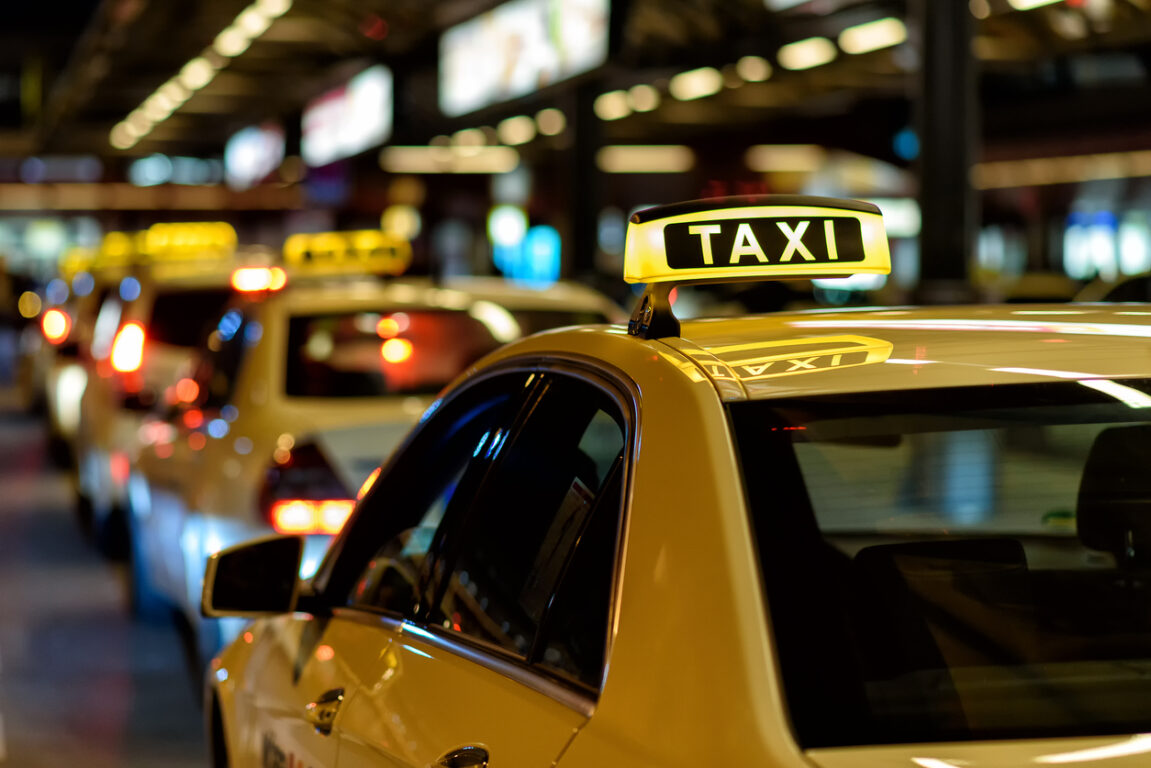Global disputes in taxi-hailing services reveal regulatory challenges: Insights from Australia.

Earlier this week, more than 8,000 taxi and hire car drivers in Australia emerged victorious in a class-action lawsuit against Uber. They sought compensation for the financial setbacks they endured following the taxi-hailing giant’s entry into the market.
Filed in 2019, the lawsuit accused Uber of operating unlawfully in four out of the six states in the country by using drivers without the necessary licenses and accreditations. This practice resulted in accredited and licensed drivers suffering income losses and led to a decline in the value of taxi licenses.
Interestingly, following Uber’s disruptive entry into the market, legislation was subsequently amended in these states to permit Uber’s legal operation. The win sheds light on the inherent legal risks associated with the disruptive nature of tech companies, which often prioritise disruption over legislative compliance.
In Kenya, Uber sought the Supreme Court’s permission to settle a case out of court. The dispute stemmed from a 2016 dispute when Uber slashed fares and reneged on an agreement with drivers regarding their commission. Despite attempting to shield itself behind the corporate veil, Uber ultimately had to settle in an out-of-court settlement.
Meanwhile, in Tanzania, Uber withdrew its operations in April 2022 after the government imposed a cap on the maximum commission, effectively doubling it. Operations resumed early last year after the company resolved the dispute with the government. The company later faced similar tussles in Kenya after the country introduced new laws for taxi-hailing companies.
Uber continues to grapple with legal challenges surrounding the classification of its drivers—are they employees or independent contractors? Uber contends that it merely serves as an intermediary between drivers and clients. However, in the US, the company was compelled to reclassify its drivers as ‘workers,’ entitling them to minimum pay, time off, and pension benefits. Additionally, the New York Attorney-General mandated Uber and its competitor Lyft to establish a settlement fund after discovering violations of state labour laws, including withholding certain payments and benefits from drivers.
The Australian and American cases raise questions about whether Uber and other ride-hailing apps take advantage of drivers in other jurisdictions. Should drivers expect more from the company? Only legislators and regulators can determine that. Meanwhile, drivers need strong associations to fight back.

